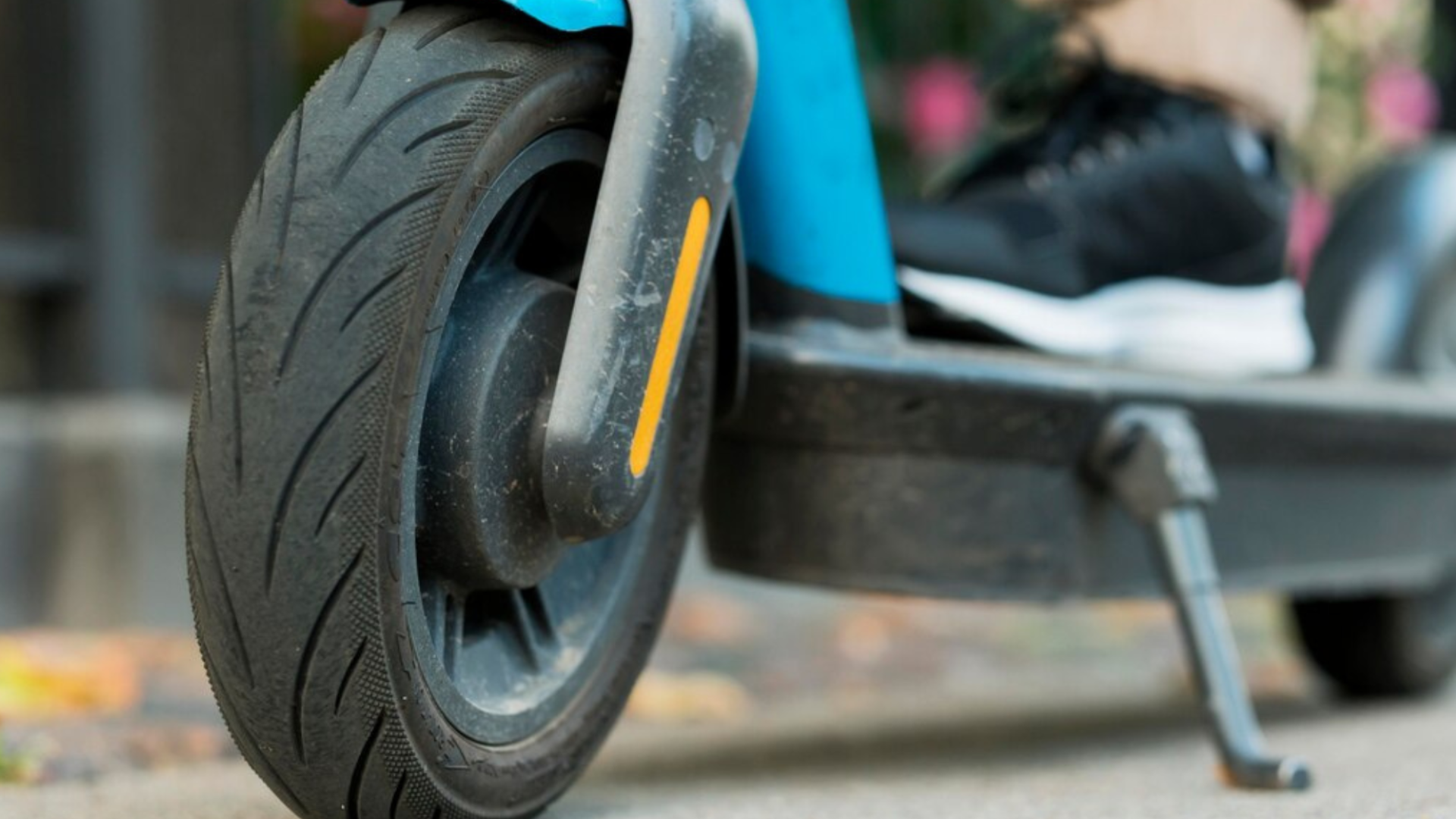When it comes to achieving a smooth and comfortable ride, many factors come into play. One often overlooked component is the IAW wheel weights. These small yet significant pieces of hardware can make all the difference between a bumpy journey and an effortless glide down the road. If you’re serious about vehicle performance and comfort, understanding IAW wheel weights is essential. They not only help balance your wheels but also enhance safety and prolong tire life. Dive in with us as we explore everything you need to know about these underrated heroes of the automotive world!
What are the Different Types of IAW Wheel Weights?
IAW wheel weights come in various forms, designed for specific applications. Lead, steel, and zinc are the most common materials used. Each type has its unique advantages.
Lead weights are traditional favorites due to their density and cost-effectiveness. They offer excellent performance but raise environmental concerns.
Steel weights provide a durable alternative. They resist corrosion well and can handle rough conditions, making them ideal for off-road vehicles.
Zinc weights have gained popularity as an eco-friendly choice. While slightly more expensive than lead or steel, they are lighter and non-toxic.
Clip-on and stick-on styles represent two different mounting methods. Clip-on weights attach easily to the rim’s edge, while stick-ons adhere directly to the inside surface of the wheel.
Understanding these types helps vehicle owners choose what best fits their needs without compromising safety or efficiency.
Benefits of Using IAW Wheel Weights for Your Vehicle
Using IAW wheel weights is essential for maintaining balance and stability in your vehicle. These weights help to ensure that your wheels spin evenly, which enhances overall performance.
When wheels are properly balanced with IAW wheel weights, you experience a smoother ride. This can significantly reduce vibrations felt through the steering wheel or seat.
Additionally, these weights contribute to improved tire wear. Balanced wheels lead to even tread wear over time, extending the lifespan of your tires.
Fuel efficiency also sees a boost when using IAW wheel weights. A well-balanced setup requires less energy from the engine, translating into better mileage and savings at the pump.
Proper weight distribution can enhance safety on the road by improving handling characteristics during turns and braking events. Investing in quality IAW wheel weights directly impacts driving dynamics.
How to Choose the Right Weight for Your Vehicle
Selecting the right IAW wheel weights for your vehicle involves understanding a few key factors. Start by consulting your owner’s manual, as it often specifies the correct weight for optimal performance.
Consider the rim size and type of tires you have. Different setups may require varying amounts of weight to achieve balance.
Next, think about driving conditions. If you frequently drive on rough terrains or in extreme weather, heavier weights might be necessary to maintain stability.
You should also assess whether you’re using adhesive or clip-on weights. Adhesive options offer a cleaner look but may not suit every rim style.
Don’t hesitate to consult with a professional mechanic if you’re unsure. Getting expert advice can save time and ensure safety while enhancing your ride quality.
Proper Installation and Maintenance of IAW Wheel Weights
Proper installation of IAW wheel weights is crucial for optimal performance. Begin by ensuring your wheels are clean and free from debris. This will help the weights adhere properly, maximizing their effectiveness.
Positioning the weights correctly is key. Each weight should be placed in line with the rim’s edge to prevent any imbalance while driving. Make sure you follow the vehicle manufacturer’s specifications or consult a professional if unsure.
Regular maintenance can extend the lifespan of your wheel weights. Periodically check for any signs of wear or corrosion, especially after harsh weather conditions. If you notice any deterioration, it’s wise to replace them promptly.
Keeping an eye on tire pressure also plays a role in maintaining balance and prolonging weight integrity. Ensuring proper inflation contributes to a smooth ride, reducing unnecessary strain on both tires and wheel weights alike.
Common Myths About IAW Wheel Weights Debunked
Many drivers misunderstand IAW wheel weights. One common myth is that they are only necessary for performance vehicles. In reality, any car can benefit from proper weight distribution.
Another misconception is that heavier weights are always better. This isn’t true; too much weight can lead to uneven tire wear and poor handling.
Some believe that using adhesive wheel weights compromises safety. High-quality IAW products adhere strongly, ensuring a secure fit without affecting the balance of your wheels.
There’s also confusion about installation techniques. Many think it requires specialized tools or skills, when in fact, most DIY enthusiasts can manage with basic equipment.
People often assume all wheel weights are created equal. Different materials offer various benefits—like durability and resistance to rust—impacting overall performance significantly. Educating yourself on these myths helps you make informed choices for your vehicle’s needs.
Conclusion:
Investing in quality IAW wheel weights can significantly enhance your vehicle’s performance and ride comfort. When properly selected and installed, these weights contribute to balanced wheels, which leads to a smoother driving experience. They help reduce vibrations and extend the life of your tires by ensuring even wear.
With various types available, choosing the right weight is essential for achieving optimal results. Regular maintenance will also ensure that they remain effective over time. By dispelling common myths surrounding IAW wheel weights, you gain a better understanding of their vital role in automotive care.
Prioritizing high-quality options not only improves your daily drive but can also prevent future costly repairs or replacements. Embrace the difference that well-chosen IAW wheel weights bring to your journey on the road ahead.










